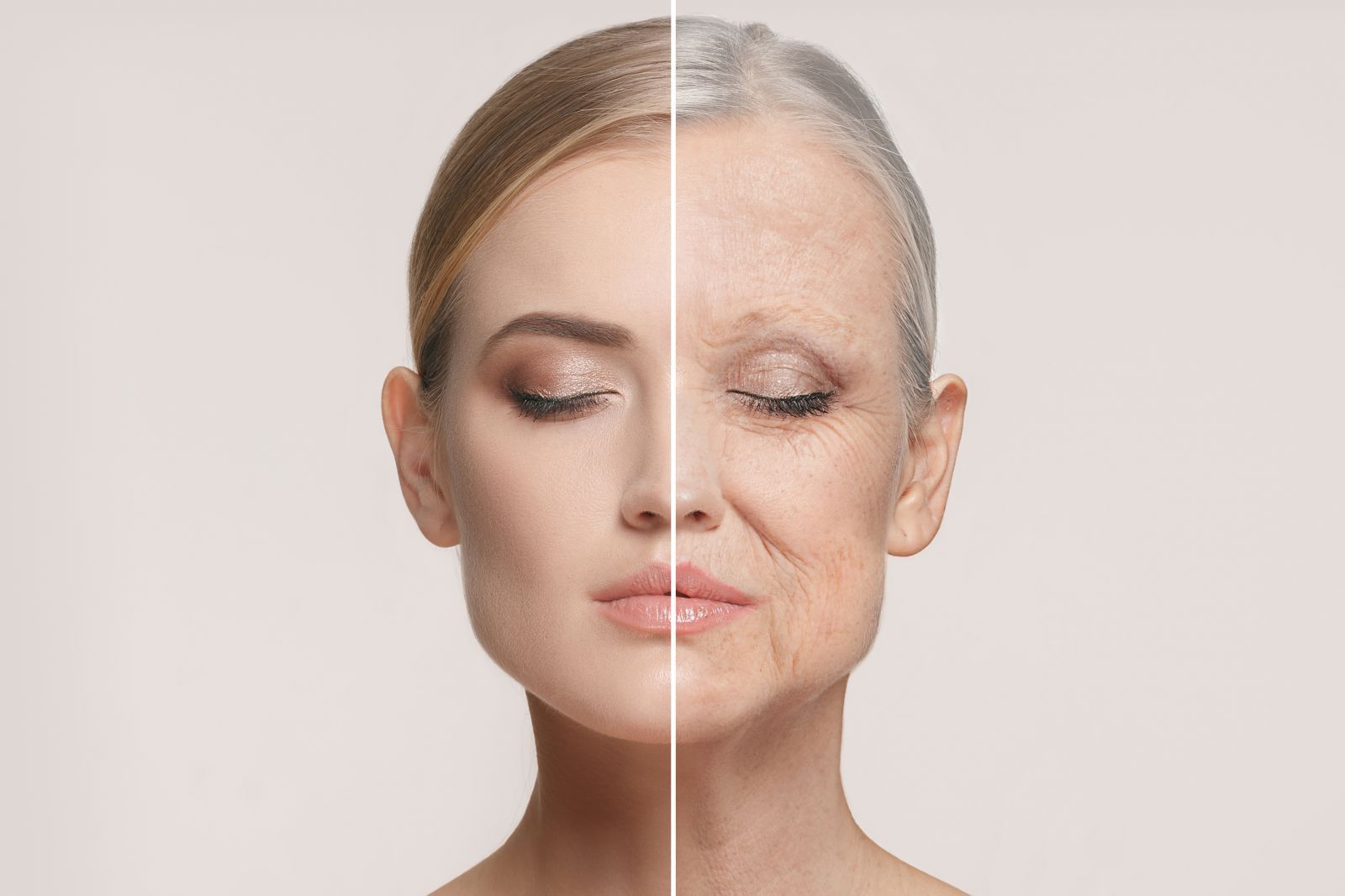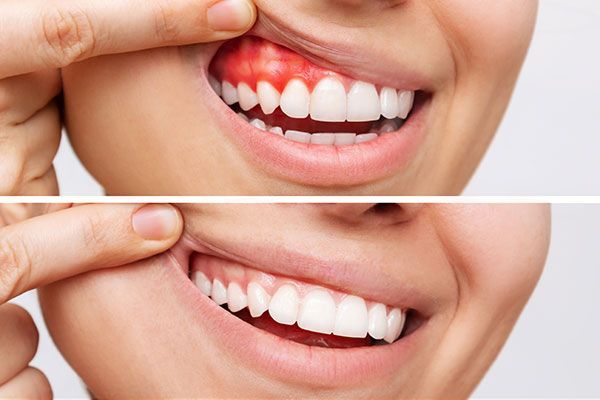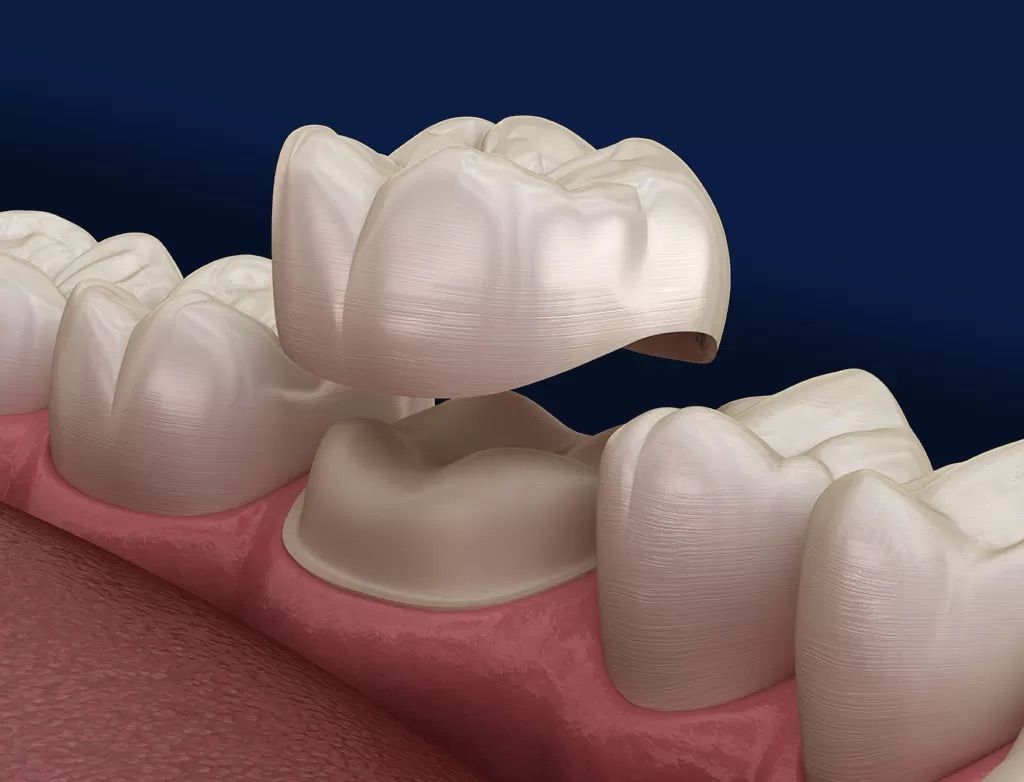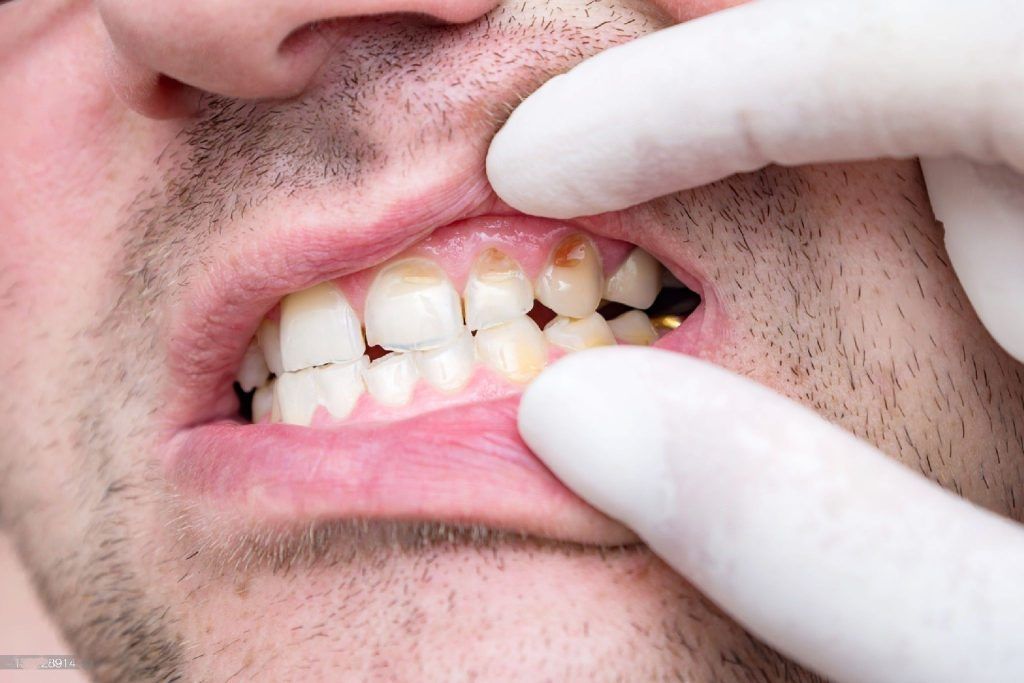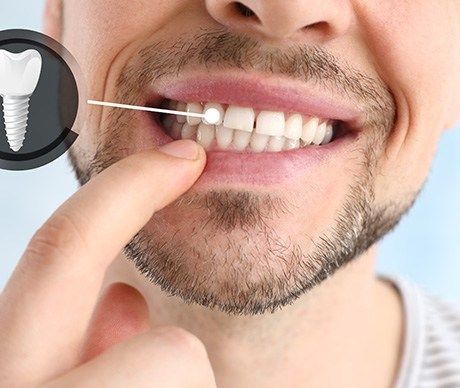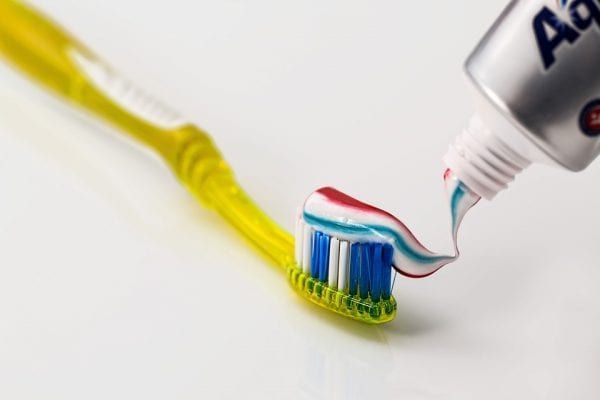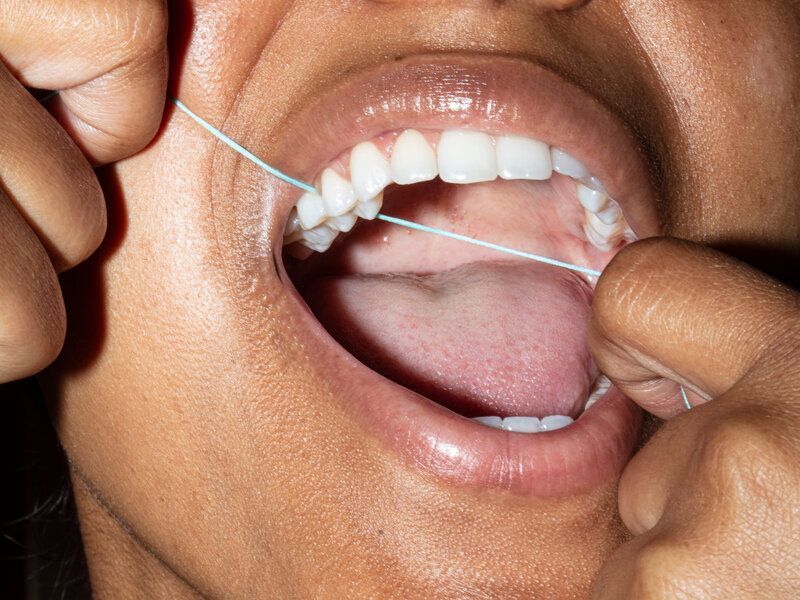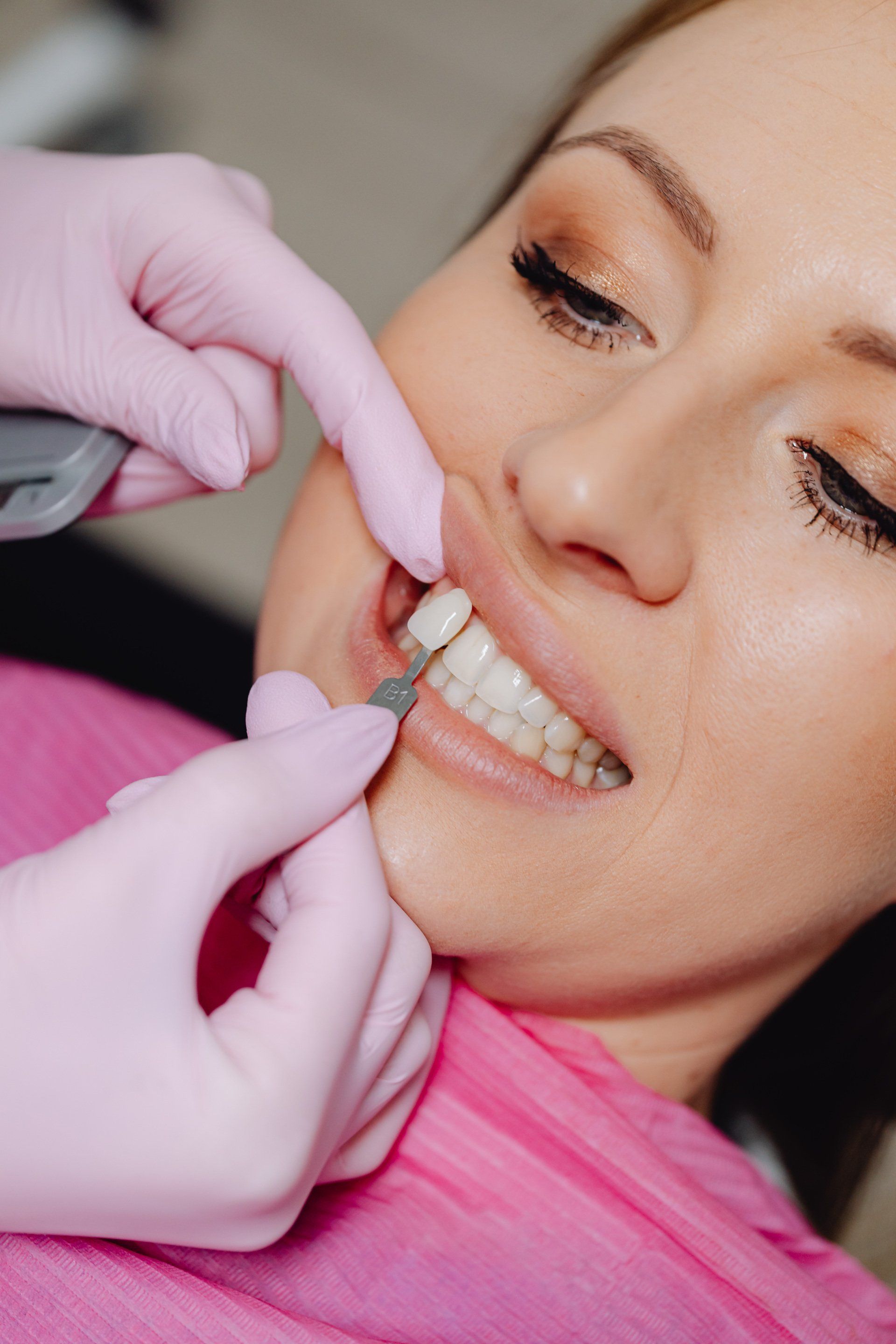Emergency Dental Care in Salem, MA & Why Timely Action is Crucial
Dental emergencies can strike unexpectedly, causing pain, discomfort, and anxiety. Knowing when you need emergency dental care, understanding what qualifies as a dental emergency, and taking prompt action can make a significant difference in preserving your oral health. We provide emergency dental care in Salem, MA; this article will help guide you to know when you should schedule an emergency dental visit.
When to Schedule an Emergency Dental Visit
It is essential to recognize when a dental issue requires immediate attention. While some dental problems can be treated during regular business hours, others demand prompt emergency dental care. If you experience any of the following situations, it is crucial to schedule an emergency dental visit:
- Severe Tooth Pain: Persistent, intense toothaches that impair your ability to perform daily activities could indicate a severe dental problem.
- Swelling and Abscesses: Swollen gums, cheeks, or the presence of a dental abscess require immediate attention to prevent the spread of infection.
- Knocked-Out Tooth: If a tooth is completely knocked out due to an accident or injury, seeking immediate dental care may allow the dentist to re-implant the tooth successfully.
- Loose or Dislodged Tooth: A loose or partially dislodged tooth could indicate dental trauma that needs immediate evaluation and stabilization.
- Broken or Fractured Teeth: Cracked or fractured teeth can cause pain and sensitivity and should be addressed promptly to prevent further damage.
- Bleeding Gums or Soft Tissue Injuries: Uncontrolled bleeding from the gums or soft tissue injuries in the mouth requires immediate assessment and care.
What You Can Do Until You Are Seen by the Dentist
While waiting to see a dentist for your emergency, taking certain measures can help alleviate pain and reduce the risk of complications:
- Rinse with Warm Saltwater: Gently rinsing your mouth with warm saltwater can help reduce inflammation and promote healing.
- Over-the-Counter Pain Relief: Over-the-counter pain relievers, such as ibuprofen, can temporarily ease dental pain. Always follow the recommended dosage.
- Cold Compress: Applying a cold compress to the affected area can help reduce swelling and numb the area for temporary relief.
- Avoiding Hard or Sticky Foods: Stick to soft, non-sticky foods to prevent further damage or irritation to the affected tooth or area.
- Use Dental Wax: If a dental restoration or orthodontic appliance is causing discomfort, dental wax can provide temporary cushioning.
Why You Should Not Wait to See a Dentist for an Emergency Dental Situation
Delaying or ignoring a dental emergency can severely affect oral health and overall well-being. Here's why you should never wait to seek emergency dental care:
- Pain Relief and Comfort: Timely dental care can alleviate pain and discomfort, allowing you to regain your quality of life and function.
- Preventing Infections: Many dental emergencies involve infections that can spread rapidly if left untreated. Early intervention can prevent complications and systemic health issues.
- Preserving Teeth: Prompt attention can often save damaged or dislodged teeth, preventing the need for costly and extensive treatments later.
- Avoiding Complications: Untreated dental emergencies can lead to more complex problems, requiring more invasive and costly procedures.
- Enhancing Prognosis: The sooner you seek dental care, the better the prognosis and success rate of the treatment.
Conclusion
Dental emergencies can be distressing, but knowing when to schedule an emergency dental visit and taking immediate action can significantly affect the outcome. Remember, severe tooth pain, swelling, loose teeth, and dental trauma warrant prompt attention from a dentist. While waiting to be seen by a professional, follow basic home care measures to ease discomfort.
Contact Us!
Office Hours:
Monday: 8am - 5pm
Tuesday: 8am - 5pm
Wednesday: 8am - 4pm
Thursday: 8am - 5pm
Friday: Closed
Saturday: Closed
Sunday: Closed
Request an Appointment
Contact Us
We will get back to you as soon as possible.
Please try again later.

